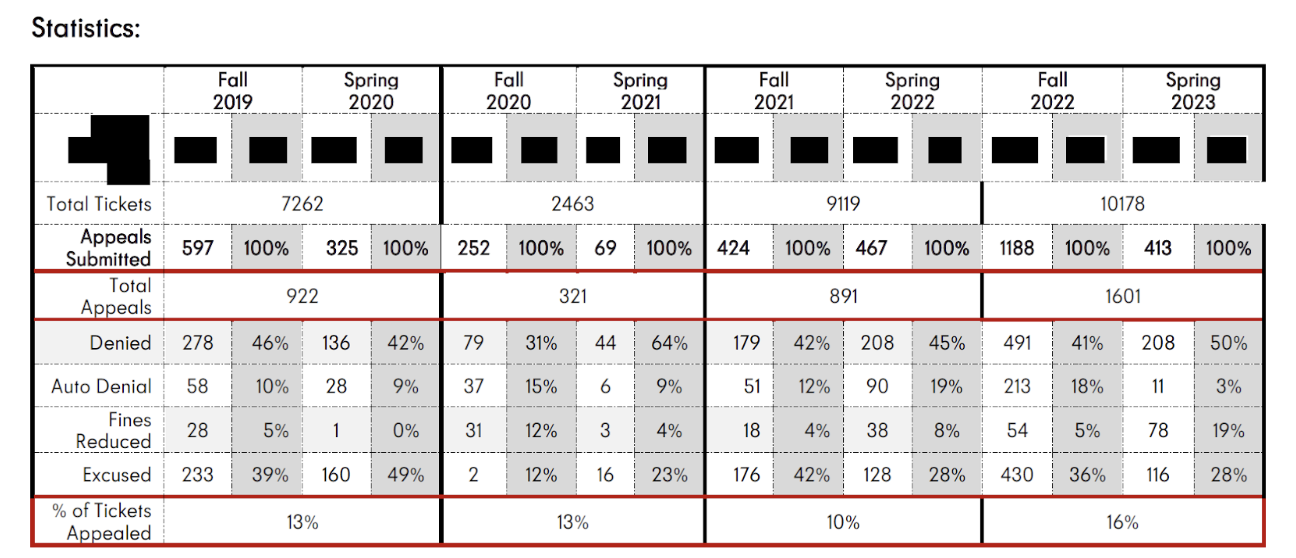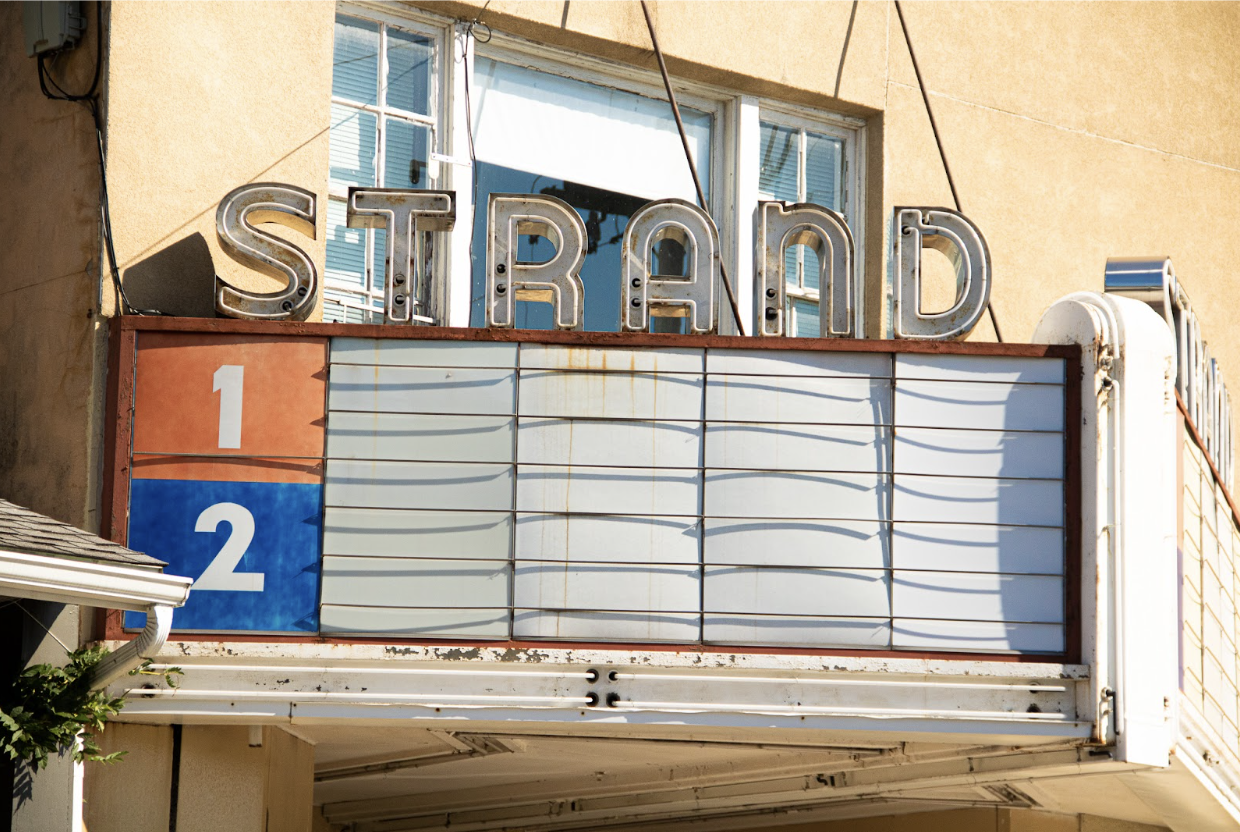By Gabriela Laracca
Staff Writer
(Editor’s Note, due to impending weather, the event has been postponed to April 4 at 7 p.m.)
On March 7, HIV/AIDS awareness and LGBT rights activist, Peter Staley, will be visiting KU to host two lectures centered on activism. The first one will be at 10 a.m. in Lytle 212, for Dr. Curtis Herr’s Contemporary Gay and Lesbian Literature class. At 7 p.m., he will host a campus-wide lecture in Boehm 145.
Staley is known for his work with the AIDS Coalition to Unleash Power (ACT UP) and his involvement in the 2012 Oscar-nominated documentary, “How to Survive a Plague,” directed by journalist David France. He is also known as the founder of AIDSmeds.com and the Treatment Action Group (TAG), a group that branched off from ACT UP, solely dedicated to pushing research and treatment advances. In 1985, two years before the formation of ACT UP, Staley was diagnosed with HIV, sparking the passion behind his life-long activism. During the Raegan-era, people with HIV/AIDS were living in a nation where the society and government turned a blind eye to them due to homophobic agenda.
“Gay men and women were stigmatized, not only because they were gay, but because they were being blamed for this epidemic,” said Herr who lived in New York City from 1982-1984, during the rise of HIV/AIDS. “People were dying, we didn’t know what it was, the government wasn’t doing anything about it, all I knew is that countless friends were dying from common colds.”
This mass hysteria over the mysterious deaths pushed Herr to leave NYC before ACT UP had formed. Due to lack of acknowledgment, the cause of the outbreak and the way it was transmitted was unknown.
“It’s because of [Staley], because of ACT UP, that people took notice,” said Herr. “They used incredibly radical methods to get the word out that this disease is killing people, that drug companies and manufacturers are not taking it seriously enough.”
ACT UP took their passion for this cause and used it to fuel elaborate protests in pursuance of awareness, as well as to demand better treatment for those living with HIV/AIDS. At the time, because there was little known about HIV/AIDS, some of the drugs on the market were not working or were proven to be toxic. They were also extremely over-priced and sometimes unattainable. Because of the work of ACT UP and TAG, treatment has improved and those with HIV/AIDS have achieved the recognition they deserve.
Herr described ACT UP as a “loud, active, political, fist-in-the-air group.” Some of their choreographed protests included infiltrating the New York Stock Exchange and chaining themselves to the VIP balcony to oppose the high price on AZT (one of the only AIDS medications on the market at the time), the “Stop the Church” protests opposing the Catholic Church’s views on safe sex and sexuality, and the National Institute of Health demonstration in Bethesda, Md. Many of these demonstrations were seen as acts of civil disobedience and were heavily covered by the press.
Although Staley has been arrested ten separate times for his activism work, he does not regret any of it.
“We were like the Black Lives Matter of our time—the whole country had heard of ACT UP by ’89, two years after we launched, and we were having lots of policy victories,” he said.
To this day, Staley strongly advocates that those who are passionate about an issue take hands-on action, especially during the current political state of the U.S. “Be an active participant in the resistance, it’s the most pressing issue of our time right now to push back against Trumpism,” he said. “Clicktivism is an amazing organizing tool but if it crowds out the traditional forms of activism and traditional forms of politics of getting our hands dirty and engaging in the electoral process, then we’re shooting ourselves in the foot.”
Although Staley’s passion-driven activism lies heavily with HIV/AIDS awareness and LGBT rights, he said the event will not just focus on AIDS. “This is about activism and making a difference in the world. If you’re curious about that, if you’re worried about the state of things today and you want to make a difference either now or down the road, then join me for a conversation on how to do that.”





Leave a Reply